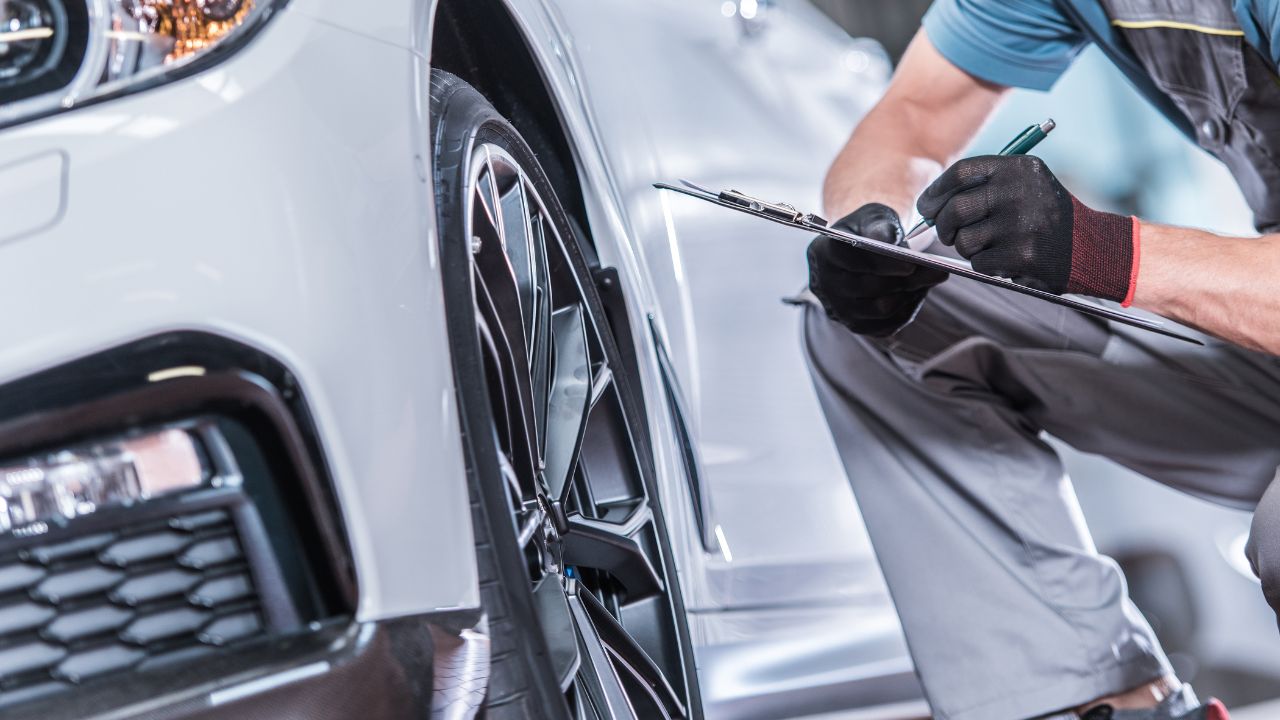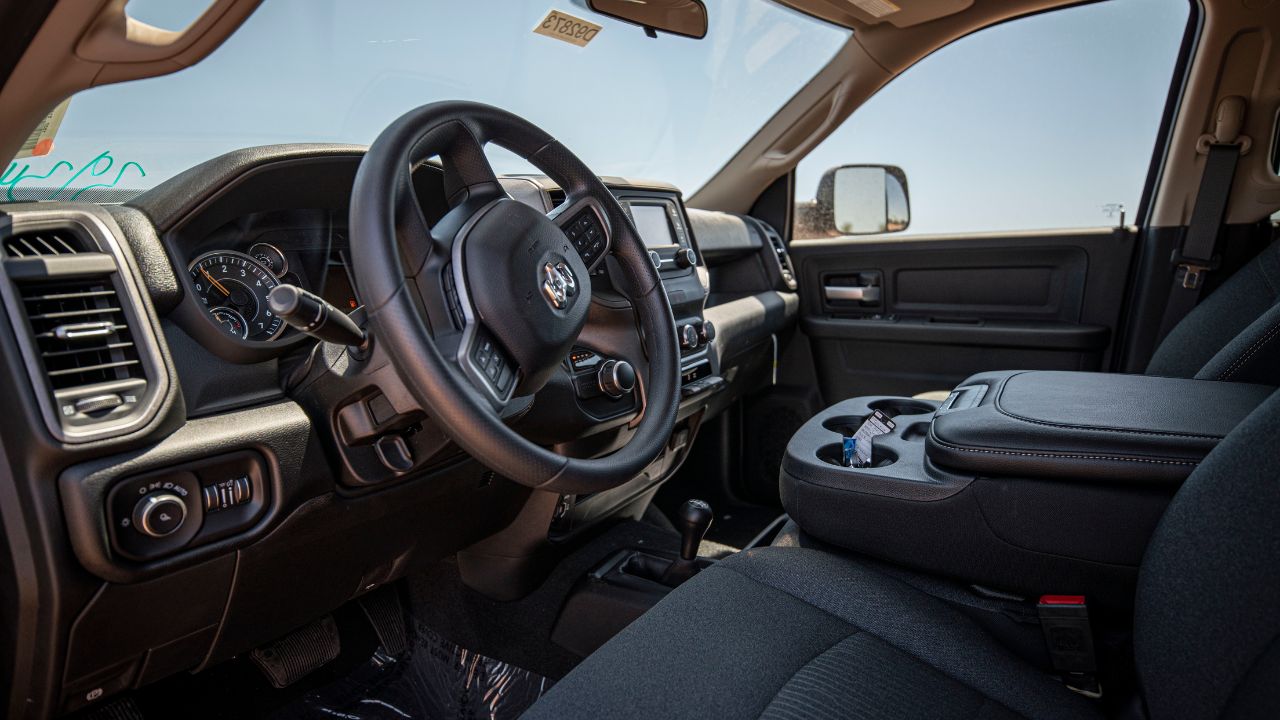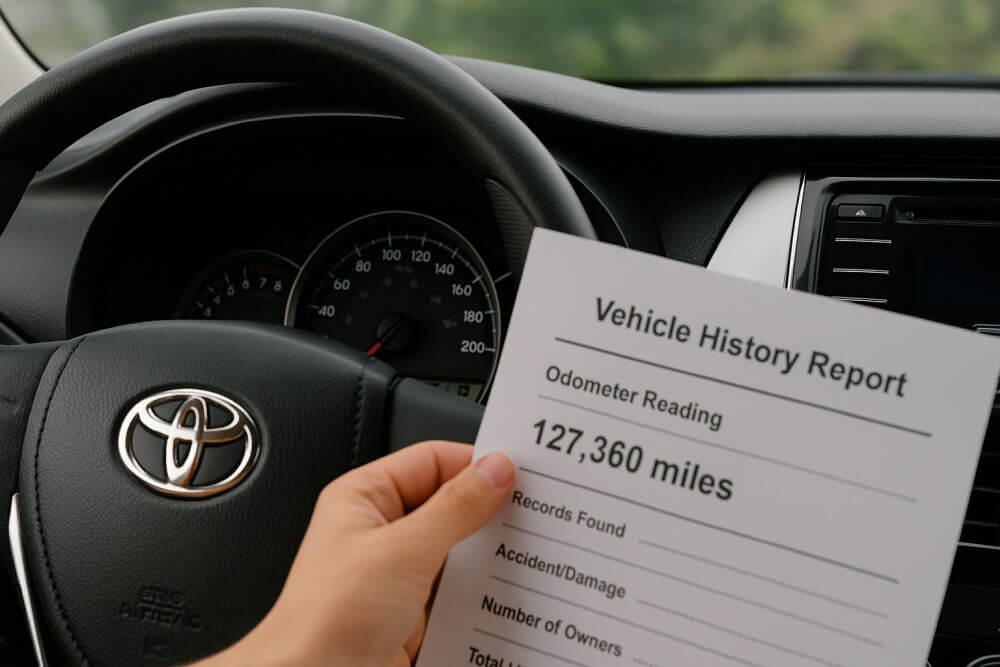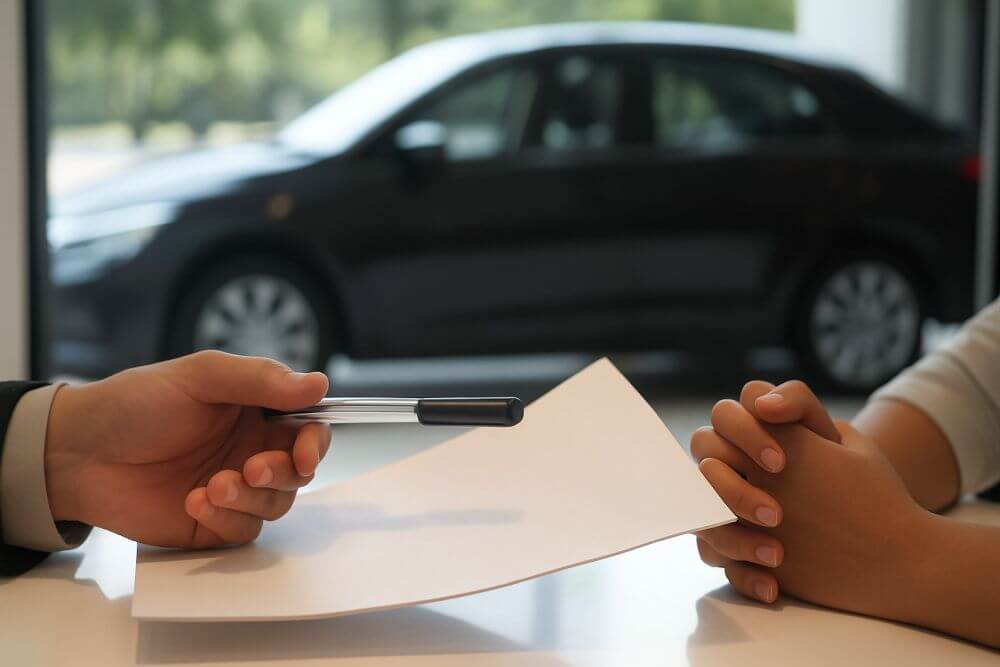When considering the purchase of a used car in Ohio, there are several important factors to keep in mind to ensure you’re making a wise investment. Whether you’re a first-time buyer or a seasoned car enthusiast, it’s essential that you take the time to inspect the vehicle thoroughly. The state’s unique climate and road conditions present certain challenges that you should be aware of. This guide will walk you through the key aspects to check when buying a used car in Ohio, helping you make an informed decision and avoid any unwanted surprises down the road.
1. Examine the Vehicle’s Exterior

The first thing you’ll likely notice about a car is its exterior. While appearances can be deceiving, a careful inspection can reveal a lot about the car’s history.
- Rust: Ohio’s winters can be harsh, and road salt used to melt snow and ice can lead to rust, particularly on older vehicles. Check the undercarriage, wheel wells, and door edges for any signs of rust. Rust can weaken the structure of the car and lead to costly repairs.
- Paint Condition: Look for inconsistencies in the paint color, as this may indicate a past accident or repainting. Scratches, dents, and chips are also worth noting, as they could reduce the car’s value.
- Tires: Tires are a critical safety feature, so check their condition. Uneven wear can indicate alignment issues or suspension problems. Ensure the tires have sufficient tread and are free of cracks or bulges.
2. Inspect the Interior

Once you’ve looked over the exterior, it’s time to check the inside of the car. The condition of the interior can tell you a lot about how well the previous owner maintained the vehicle.
- Upholstery: Inspect the seats and carpeting for any stains, tears, or unusual odors. Water damage can be particularly concerning, as it may indicate a past flood or leaks.
- Dashboard and Electronics: Make sure all electronic components, such as the radio, air conditioning, lights, and dashboard indicators, are functioning properly. A malfunctioning dashboard light could signal an underlying issue.
- Comfort and Space: Sit in the driver’s seat and test the comfort level. Check if the seats can be adjusted easily and whether there’s enough legroom for you and any passengers.
3. Check the Vehicle’s Mechanical Components

The mechanical condition of the car is one of the most important factors to consider when buying a used car. A well-maintained engine and transmission can save you from expensive repairs in the future.
- Engine: Open the hood and inspect the engine for any leaks, unusual noises, or worn-out parts. The engine should start smoothly and run quietly. Listen for any knocking or ticking sounds, which could indicate engine problems.
- Transmission: Take the car for a test drive to assess the transmission. The gears should shift smoothly without any jerking or slipping. Pay attention to any delays in acceleration, as this could be a sign of transmission trouble.
- Brakes: During the test drive, check the brakes. They should feel firm and responsive, without any squeaking or grinding noises. Test the brakes at different speeds to ensure they perform well in all conditions.
4. Review the Vehicle History Report
A vehicle history report is an essential tool when buying a used car. It provides information about the car’s past, including any accidents, repairs, and ownership history. In Ohio, it’s particularly important to review this report carefully.
- Accident History: Check if the car has been involved in any accidents. Even minor collisions can cause hidden damage, so it’s important to know the extent of any repairs.
- Service Records: Look for consistent maintenance records. A car that has been regularly serviced is likely to be in better condition than one with gaps in its service history.
- Ownership History: The number of previous owners can give you an idea of the car’s reliability. Frequent ownership changes may indicate recurring problems.
5. Perform an Ohio License Plate Lookup
To gain even more insight into the car’s background, consider performing an Ohio license plate lookup owner search. This process allows you to verify the car’s registration details and ensure that the seller is the legal owner. It can also provide additional information about the vehicle’s history that may not be included in the standard vehicle history report.
You can also use a license plate check to confirm that the car has not been reported as stolen or involved in any legal disputes. This extra step can give you peace of mind before finalizing your purchase.
6. Check for Ohio-Specific Issues
Ohio’s weather and road conditions can take a toll on vehicles, so it’s important to check for issues that are common in the state.
- Road Salt Damage: As mentioned earlier, road salt can cause rust. Be sure to thoroughly inspect the undercarriage and suspension components for any signs of corrosion.
- Battery Life: Cold winters can be tough on car batteries. Check the battery’s age and condition, and make sure it starts the car without hesitation.
- Windshield and Wipers: Ohio winters can also lead to chipped or cracked windshields. Ensure the windshield is free of damage and that the wipers are in good working order.
7. Negotiate the Price
Once you’ve completed your inspection, it’s time to negotiate the price. Use the information you’ve gathered to justify any requests for a lower price. If you’ve found issues that will require repairs, such as worn-out tires or rust spots, factor these costs into your offer.
8. Finalize the Purchase
Before closing the deal, ensure all necessary paperwork is in order. This includes the title, bill of sale, and any warranties or service records. Double-check that the VIN (Vehicle Identification Number) on the car matches the one on the paperwork. Finally, complete the registration process at your local Ohio Bureau of Motor Vehicles (BMV).
Conclusion
Buying a used car in Ohio can be a rewarding experience if you take the time to inspect the vehicle thoroughly and perform the necessary background checks. By following the steps outlined in this guide, you can ensure that your purchase is sound and that you’re getting the best possible deal. Remember, investing a little time in the inspection process can save you from future headaches and costly repairs.


